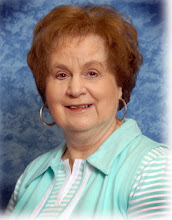It is a wonderful story, especially in the Christmas season, to examine the virtue of why we give and ways that we can instill this in others around us as the primary gift of the season. My favorite line in the book is "It takes a lot of love and courage to share the things that are dear to you. When you stopped to help others on your way to the castle today, you showed them what My love looks like." It is the updated version of the Good Samaritan and a true lesson to a child who is far more interested in getting than in giving!
I also thought that the "Give a Gift to the King" was an added bonus instead of a cagily designed advertisement (as some might take it.) I did have a thought that the parent who reads this book and helps the child give the gift should be most careful in explaining that giving demands each of us to sacrifice what is ours to keep. The book made this act specific and individual.
